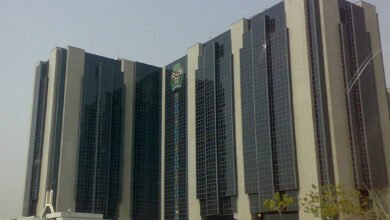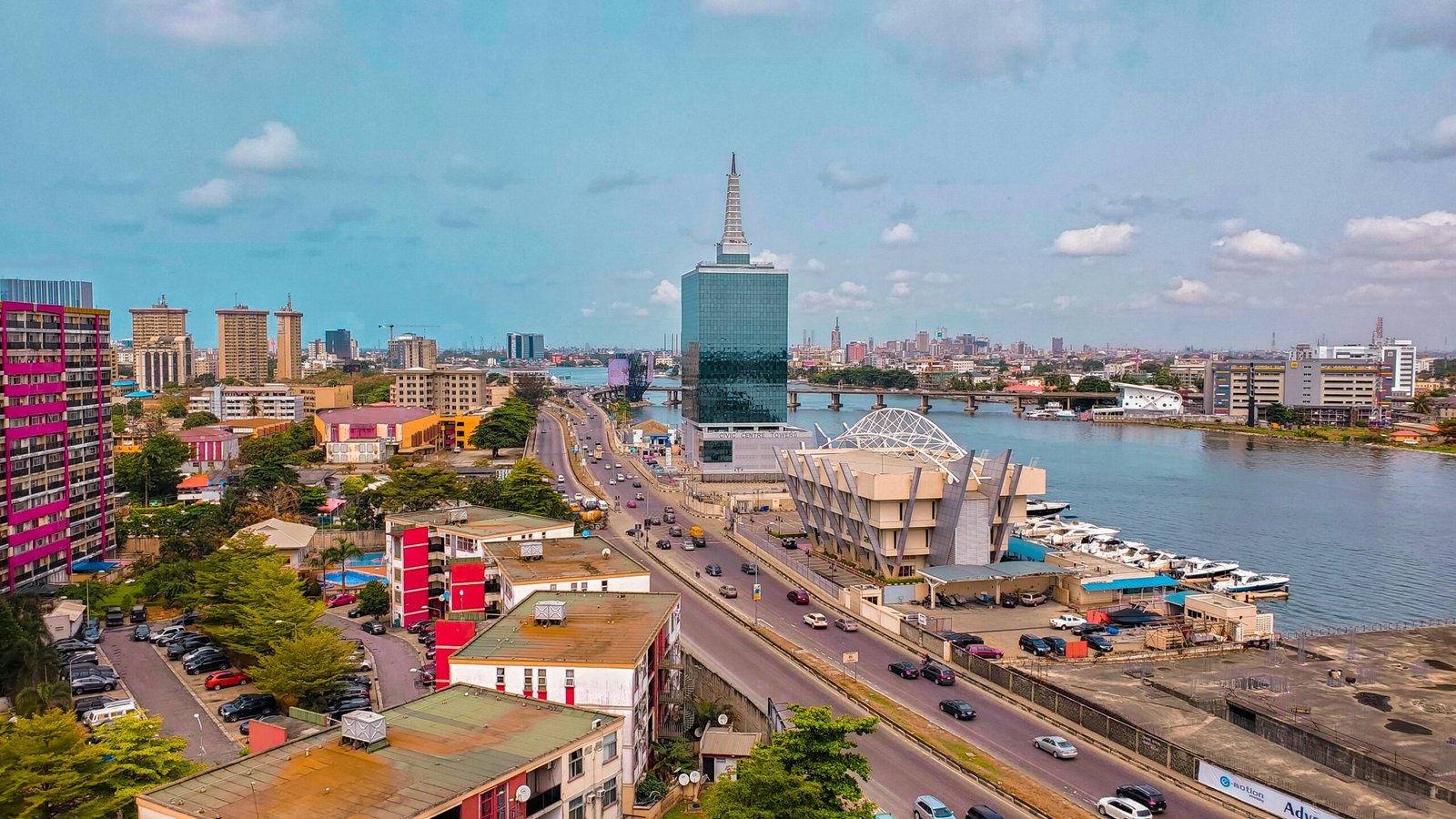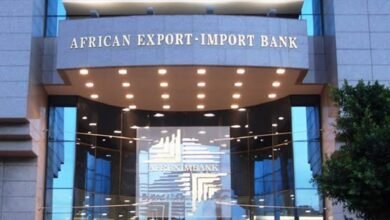
Daily petrol consumption in Nigeria has been dropping since the government scrapped a costly fuel subsidy that has cost the government billions of dollars in the last five decades.
Nigerians are struggling to buy petrol after the government stopped paying subsidies on imported petroleum products in late May.
The end of the subsidy program has resulted in a hike in petrol prices to about Ksh.167.66 or NGN. 934.31 (1.18 U.S dollars) per liter, which many motorists find way too expensive.
“Before now, I would tell you I used to fill this tank with N.12,800 (Ksh. 2,296.65), N.13,000 (Ksh. 2,332.56) , but the first time I tried to fill it up again, it was almost N.38,000 (Ksh. 6,817.80) to N.42,000 (Ksh.7,535.46) and this is what I just use in a week. So what I really do now is I just buy 10,000 for 2 days. Another 2 days, I buy another 10,000. So at the end you see, it’s almost 30,000 per week,” said Henry Leonard, a motorist in the capital city of Abuja.
According to the Nigerian Midstream and Downstream Petroleum Regulatory Authority, daily consumption of petrol in the nation dropped to 48 million liters in June, from about 67 million per day before the subsidy was abolished.
With prices now being determined by the cost of imports, consumption of fuel is expected to drop even further.
Economic experts say while fuel prices have gone up, people’s incomes have remained the same.
“Incomes of people didn’t go up, but then the prices of petrol went up drastically. So, what that means for the average Nigerian is that with the same budget, you buy less fuel, and so people are not buying as much as they were buying before. If, for example, for 20,000 naira or for 10,000, I could get 50 liters. Now I could get that for like maybe 25 or something a lot less than that,” said Andrew Echono, an economic and financial analyst.
According to estimates from the World Bank, Nigeria could save up to five billion U.S. dollars this year by ending the petrol subsidies.
Still, experts like Echono have called on the government to channel the savings into the manufacturing sector and to develop the economy to help combat commodity price hikes.
“Now the savings from the subsidy, first of all, will have to go to reducing our debt exposure and after which, the surplus will now be channeled to meet our local need and other infrastructural needs,” Echono stated.
The government has promised to carry out massive investments in transport infrastructure, education, power, healthcare, and other public utilities to improve the quality of people’s lives.
As a short-term measure, the country is providing about 10 U.S. dollars to 12 million poor and vulnerable households for six months to help them cope with the impact of the fuel subsidy removal. This would be funded from an anticipated 800 million U.S. dollar loan from the World Bank.
Ksh.1.00 = N.5.57 N





